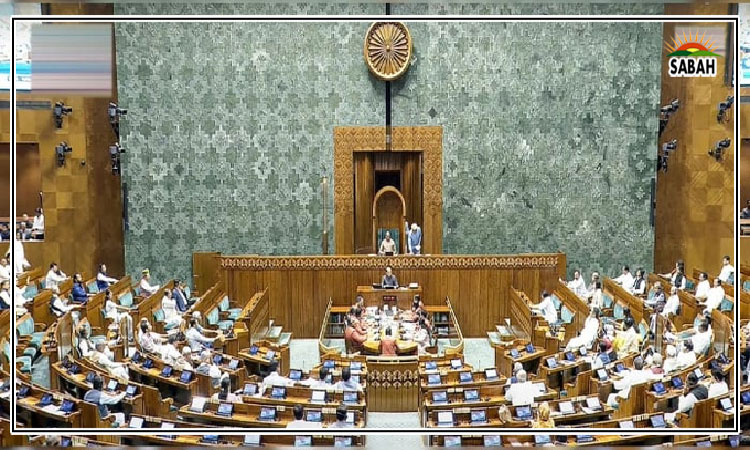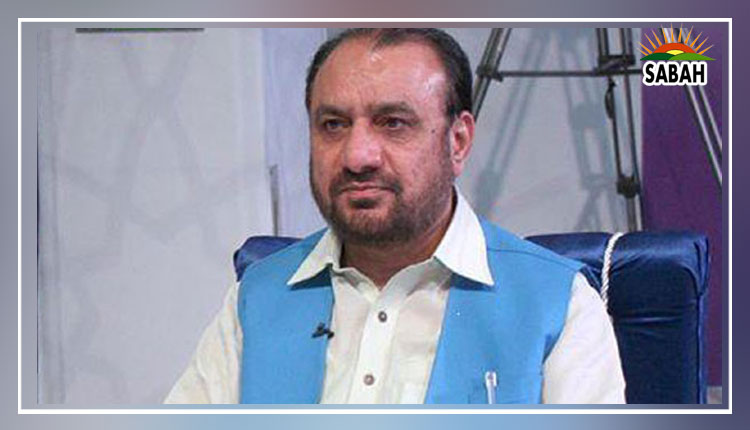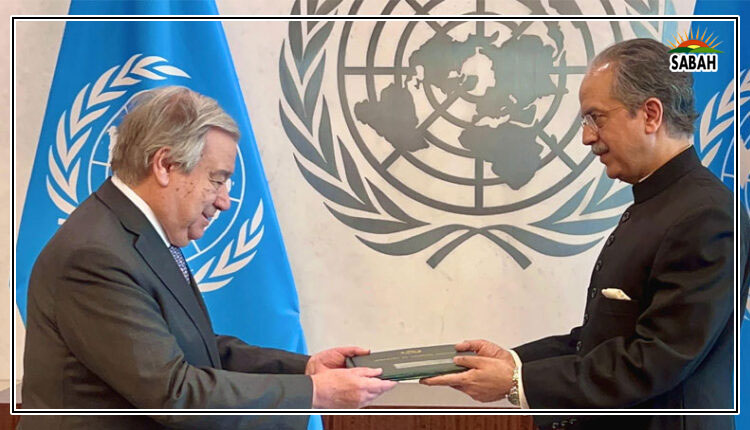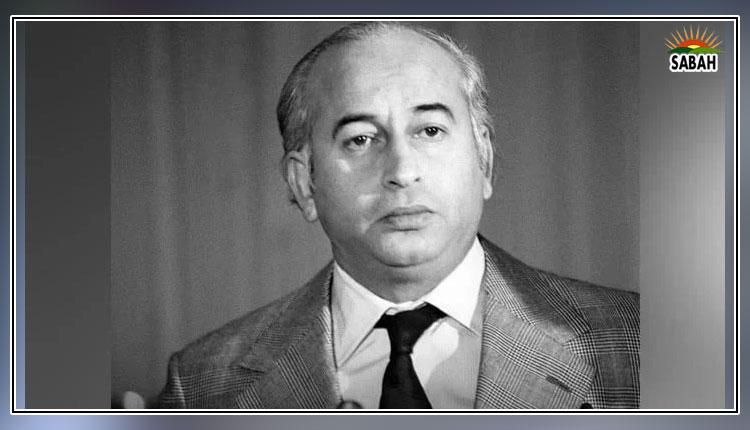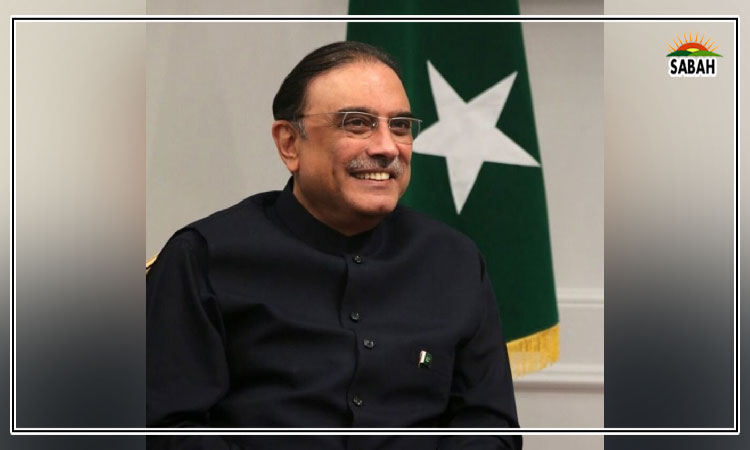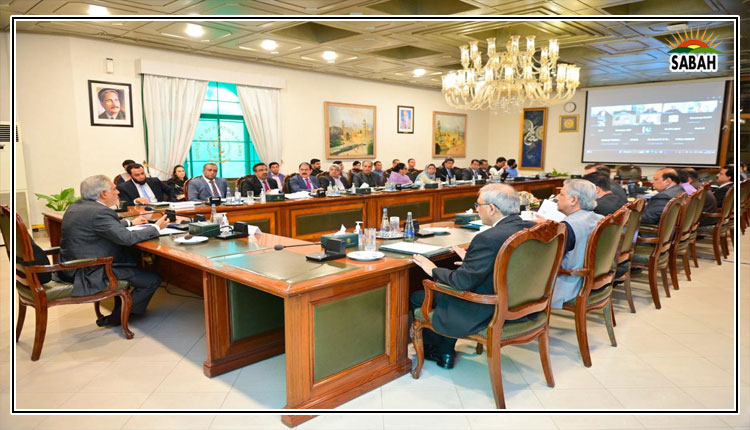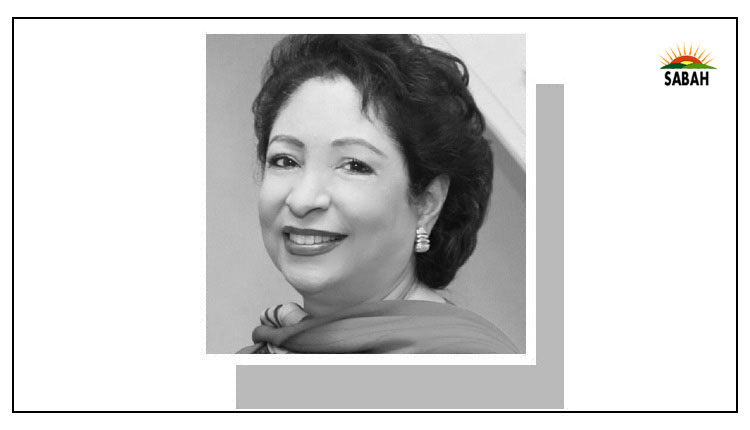Courting controversy ….. Maleeha Lodhi
THE interim government seems to be getting itself mired in unnecessary political controversy at a time when it should be reassuring people of its commitment to holding free and fair elections.
Instead of creating a propitious environment for credible polls, which is their main task, gratuitous assertions by the caretaker prime minister and some of his cabinet members are clouding the atmosphere and raising questions about how inclusive the election will be.
In an interview with Associated Press, Prime Minister Anwaar-ul-Haq Kakar declared that fair elections were possible even with the exclusion of PTI leader Imran Khan and his jailed party members. This provoked a sharp response from PTI, which said elections minus Khan would be “unacceptable, unlawful and unconstitutional”. Others also took exception to this remark.
The Human Rights Commission of Pakistan described Kakar’s claim as “ill-judged and anti-democratic” as courts had not yet found Khan guilty in the legal cases against him. HRCP also said it was not for the prime minister or his government to decide unilaterally what constitutes a ‘fair’ election. Former prime minister and PML-N leader Shahid Khaqan Abbasi also said it was not the interim PM’s job to make such contentious statements.
An official ‘clarification’ claiming Kakar’s comments had been “misunderstood” and “misreported” did little to quell the controversy. Nor did Kakar’s subsequent explanations. His insistence on being nonpartisan was a response to rising criticism, but it was too little, too late. In fact, his nonstop media interviews on political issues and daily sermons on ‘requirements of the law’ only compounded the matter.
Meanwhile, remarks by the interim interior minister also drew a furious response, this time from leaders of Pakistan’s other major party, PML-N. In an interview, Sarfraz Bugti said Mian Nawaz Sharif would be arrested when he arrived back home from abroad if he failed to get bail. PML-N leaders accused the minister of “exceeding his jurisdiction” and pointed out that it was neither his business nor his decision about where Sharif would go on arrival. Again, a ‘clarification’ by the minister that his government had no “political agenda” did little to calm ruffled feathers.
Earlier, PPP leader Bilawal Bhutto-Zardari decried the absence of a “level playing field” for the polls. Party representatives publicly assailed the inclusion in the interim cabinet of former bureaucrats closely aligned with PML-N in the past. They insinuated that the interim government was acting as a vehicle for PML-N and also accused the Election Commission of Pakistan of bias.
The interim government should focus on creating conditions for free, fair and inclusive elections.
If the principal role of a caretaker government is to oversee free and fair polls and act impartially, such criticism from political parties, who are major contenders in the upcoming election, suggests it is already falling short on fulfilling its responsibilities as envisaged in the Constitution and Elections Act of 2017.
The gap between how a caretaker government is supposed to act and the conduct of the Kakar administration is evident from what is prescribed by Section 230 of the Elections Act, 2017. It obliges the interim government to be “impartial to every person and political party” and “restrict itself to activities that are of routine, non-controversial and urgent” nature.
Responsible for managing “day-to-day matters which are necessary to run the affairs of the Government”, it is barred from taking “major policy decisions except on urgent matters”. It cannot take decisions that pre-empt the scope and sphere of activities and powers of the next elected government.
It is also not authorised to make appointments or carry out large-scale shuffles of civil servants that can affect the working or policies of the future government. Over the years, the Supreme Court has upheld this principle in rulings on petitions by government employees and others who challenged such transfers. The judgement in the Khwaja Asif case in 2013 is a case in point.
True, an effort was made by the previous parliament to grant more powers to the caretaker government. But because of strident protests from treasury and opposition benches, the Elections (Amendment) Act 2023, adopted last month, was substantially watered down.
It only allowed the caretaker administration to take policy decisions on existing multilateral and bilateral agreements and already initiated projects. This did not in any way affect what is set out in the 2017 Act or change the principal function of the caretaker government to assist the ECP in holding elections.
Seen against this backdrop, there seems little doubt the caretaker government, which has a limited mandate, is over-interpreting its role and acting as if it has been elected and is here to stay. Policy pronouncements on foreign affairs have been frequent, including on sensitive issues on which it has no authority to make decisions.
Public claims have been made by ministers about taking decisions which go beyond what is permitted by the law. In fact, ministers seem to be vying for public attention either by making exaggerated claims or issuing disingenuous statements.
For example, one cabinet minister claimed he was putting in place policies that would increase Pakistan’s exports (currently under $32 billion a year) to $100bn annually over the next five years! Another minister made similar assertions about enhancing IT exports by an incredible amount and initiating game-changing policies. Some would argue that these hyperbolic statements should be ignored as they mean little. But what they point to and reinforce is an unedifying spectacle of a caretaker government that seems to recognise no restraint on its power and is overstepping its mandate.
Instead of getting itself embroiled in one controversy after another, the interim government should be focusing on its primary role: creating the conditions for a free, fair and transparent poll. Ministers should steer clear of commenting on political issues, pontificating on foreign policy and desist from seeking pointless publicity all the time.
For its part, the ECP should overcome its reticence to announce an election date. Its announcement of lists of preliminary delimitation of constituencies is, however, a welcome step.
The sooner the country goes to the polls, the greater the chance for it to find a way out of the present political and economic morass and address the multiple crises roiling Pakistan.
The writer is a former ambassador to the US, UK and UN.
Courtesy Dawn, October 2nd, 2023


